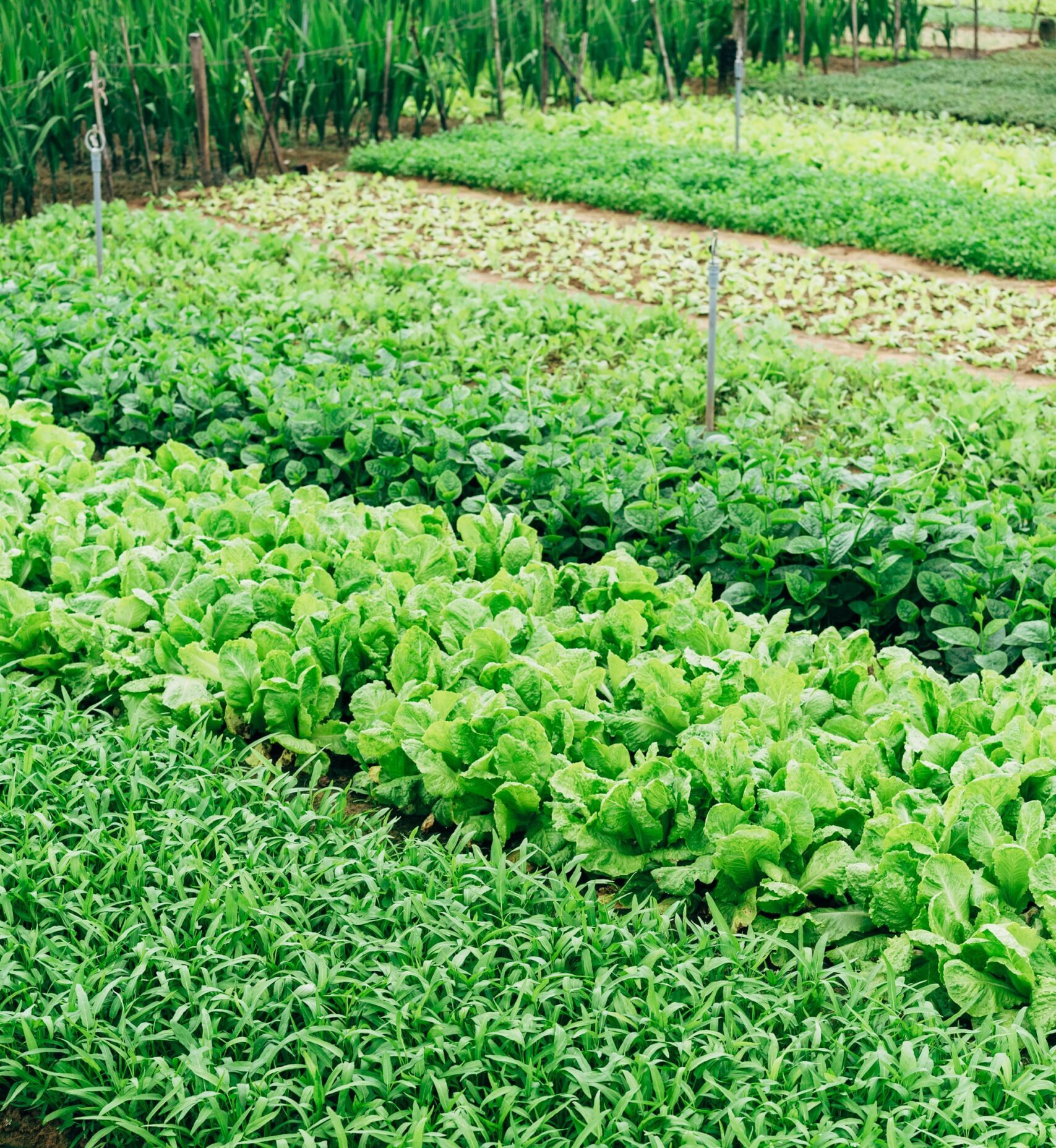Have you ever seen your dog eat a fly? We used to laugh at my American Bulldog, Sam, who would stick his nose in the air and wait for the perfect moment to catch an unsuspecting fly in his mouth. With one snap of his jaw, the fly disappeared. It didn’t seem that Sam even swallowed the poor thing. The fly probably just sat squished on his tongue while he enjoyed the flavor. Am I grossing you out yet? Do you think I’ve crossed a line?

Sometimes I feel a bit weird when talking about the death of any animal—be it a mammal, bird, reptile or insect. Although some would argue they could do without one or two of those species entirely. As a vegan, should I be joking about the death of this innocent fly, reveling in my sweet dog’s success at capturing it?
I guess it comes down to the argument about whether or not dogs should be vegan. We don’t chastise a lion for tearing a gazelle to shreds. And as descendants of wolves, whose diets consist primarily of hoofed animals like deer, should we force our dogs to be vegan if it’s against their nature?

An important point to mention here is that dogs actually can be vegan. Unlike cats, dogs don’t need the amino acid taurine to survive, so they are technically considered omnivores and do just fine as long as they are fed a balanced plant-based diet.
Some people believe their dogs should be fed only raw, prime steak—as this would be as close to their predecessors’ diet as possible. It’s not news that traditional dog food, primarily consisting of corn and soy, isn’t healthy for our pets and leads to a number of health problems for them. So why not feed your pet—who is more like a child to you really—as well as you feed yourself, with top of the line foods?
The answer lies in the fact that 20% of the world’s meat supply goes into pet foods. That means that through their consumption, feeding our pets is grossly contributing to the effects of deforestation, excessive water usage and greenhouse gas emissions. So for those of us who don’t want to feed our pets only plants, but desire a more sustainable option for our fluffy pals, we feel sort of caught in making a decision between the two.
But get this: insects—hear me out—contain a better nutritional profile than beef does (to nourish dogs and cats). And not only that, per kilogram of beef versus insects, the latter use only 2% of the land and 4% of the water that beef does, while doing a better job at keeping our fur babies in tip-top shape.

1 ton of insects (this company uses black soldier fly) can be raised in a time span of 14 days on 20 miles of land. They require no pesticides, no fertilizer and the insect farms have extremely low emissions. On top of that, insects on these farms live their best life gorging on human food waste that would have gone to landfill. 133 billion pounds of food goes to landfill in American each year. Click here for more info on how to combat that in your own diet.
The life span of a black fly is only 2-3 weeks. So it’s almost a pretty sweet deal for them—fantastic food for the entirety of their life span, when they would naturally have died anyway. But for us vegans, there is still the issue of creating life just to destroy it. It’s helpful to keep in mind that authorities on veganism and speciesism, such as Peter Singer, do recognize a moral hierarchy between living beings. It’s not just the fact that something is living that makes it worthy of protection. Species are more worthy of our moral consideration when they have a sense of self-image and identity, emotions such as fear, joy, love, boredom, and amusement, desire to live its life beyond simply reproducing, and social relationships with others. You can see how this rationale then excludes bacteria (living beings by definition) or viruses (which are not technically even living, biological beings, but protein-protected genetic materials that have a “will” to self-propagate) from the same moral consideration we would extend to mammals, birds, and fish (did you know that zebra fish recognize their own reflection in the mirror?). Where insects fall on this spectrum is something you might have to grapple with on your own.
Personally, I get tripped up on this detail. To comfort those who feel like I do, insect-based pet food brand Yora says their bugs are chilled into a hibernation state before they are quickly minced. Hmm. Still as horrifying for me, but it brings me around to my point about vegan pets.
Whether or not you believe your dog should be vegan, you can’t argue with the fact that insect-based pet food is a better choice for your pup and the planet in comparison to traditional or gourmet dog food. And if you think it’s disgusting, let your dog be the judge.
Also by Nea: Could Your Body Piercing Be Affecting Your Health? Its Impact On Your GI, Skin
How Trusting Your Instinct Helps Your Decision-Making, According To Science
Get more like this—Sign up for our daily inspirational newsletter for exclusive content!
__
Photo: Lim, Barker, Bonometti, Gabriel; Unsplash.




